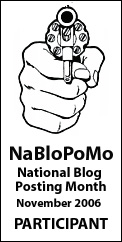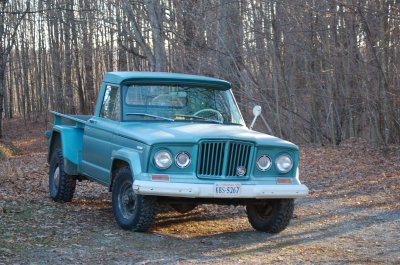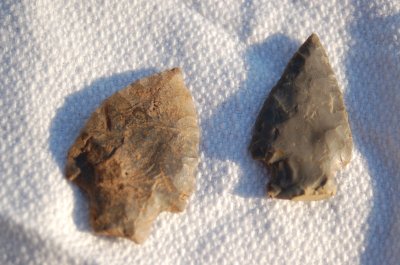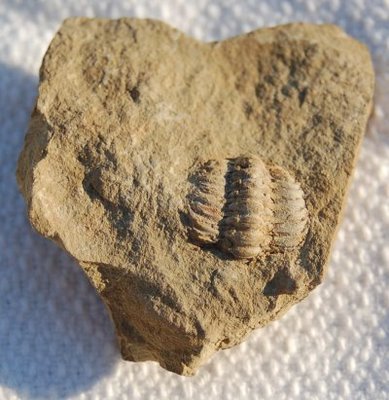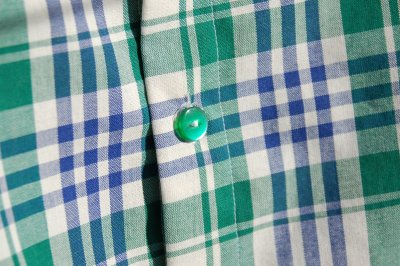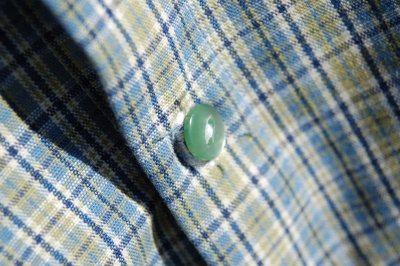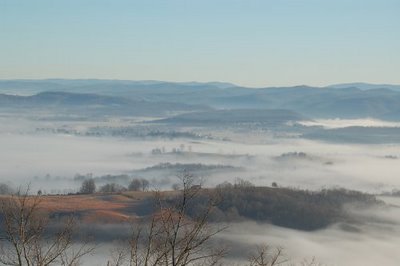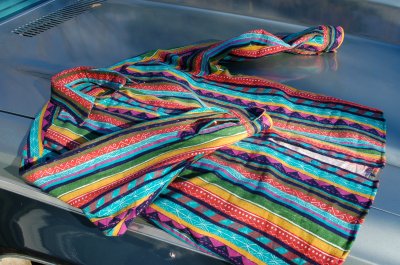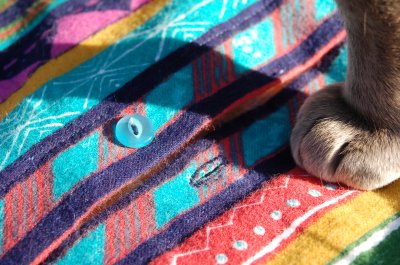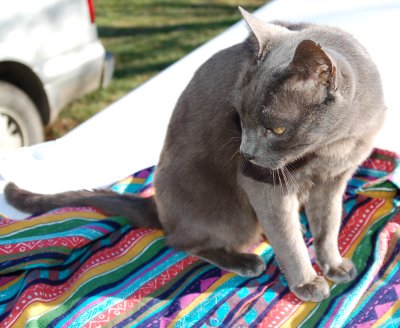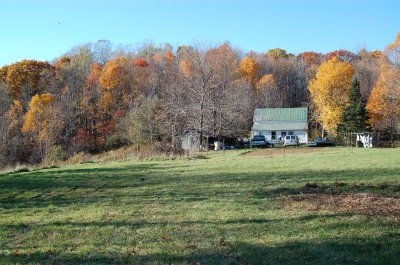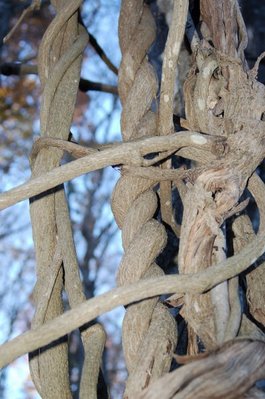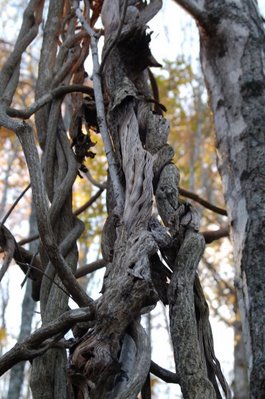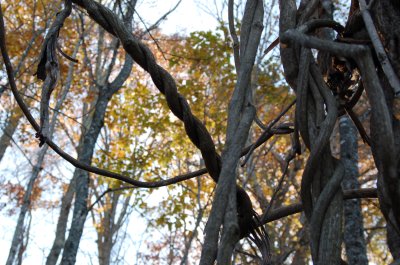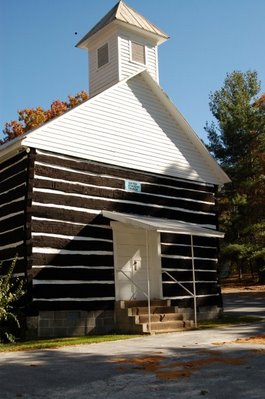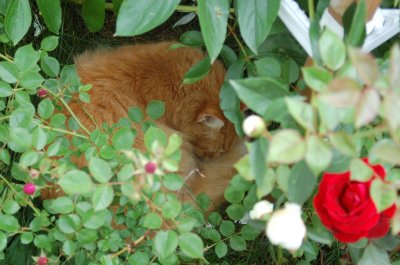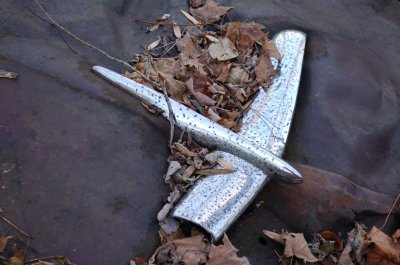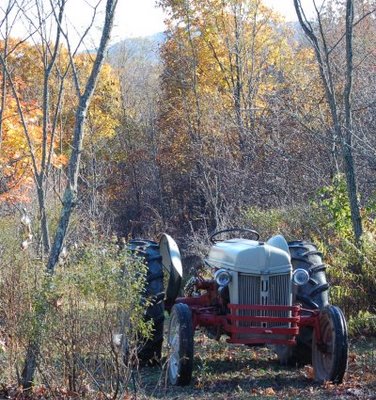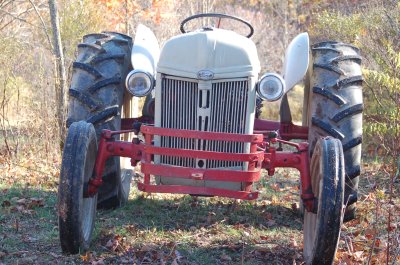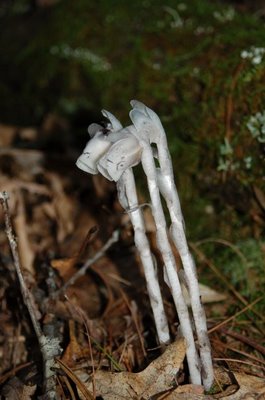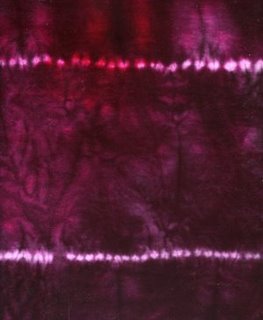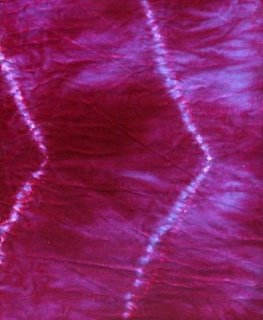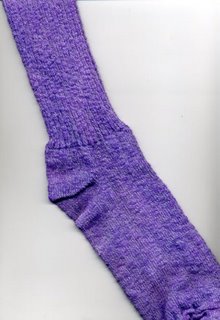In my on-going attempts to understand how people see Appalachia, and perhaps also the rural South, I give you this interesting excerpt from The Education of Henry Adams. It came to my attention as a quote in W.J. Cash's The Mind of the South. I include here a bit that came before Cash's quote, and a bit after, to show that Adams was not writing a meer screed against the Southern intellect, but finding fault with his own education. I hadn't read Adams' book since my undergraduate days ("Science and the Literary Imagination," Iowa State University, Winter term, 1977), and I'd forgotten what a strange, engaging book it is. Something else for the long winter evenings by the wood stove, perhaps.
Into this unusually dissolvent medium, chance insisted on enlarging Henry Adams's education by tossing a trio of Virginians as little fitted for it as Sioux Indians to a treadmill. By some further affinity, these three outsiders fell into relation with the Bostonians among whom Adams as a schoolboy belonged, and in the end with Adams himself, although they and he knew well how thin an edge of friendship separated them in 1856 from mortal enmity. One of the Virginians was the son of Colonel Robert E. Lee, of the Second United States Cavalry; the two others who seemed instinctively to form a staff for Lee, were town-Virginians from Petersburg. A fourth outsider came from Cincinnati and was half Kentuckian, N. L. Anderson, Longworth on the mother's side. For the first time Adams's education brought him in contact with new types and taught him their values. He saw the New England type measure itself with another, and he was part of the process.
Lee, known through life as "Roony," was a Virginian of the eighteenth century, much as Henry Adams was a Bostonian of the same age. Roony Lee had changed little from the type of his grandfather, Light Horse Harry. Tall, largely built, handsome, genial, with liberal Virginian openness towards all he liked, he had also the Virginian habit of command and took leadership as his natural habit. No one cared to contest it. None of the New Englanders wanted command. For a year, at least, Lee was the most popular and prominent young man in his class, but then seemed slowly to drop into the background. The habit of command was not enough, and the Virginian had little else. He was simple beyond analysis; so simple that even the simple New England student could not realize him. No one knew enough to know how ignorant he was; how childlike; how helpless before the relative complexity of a school. As an animal, the Southerner seemed to have every advantage, but even as an animal he steadily lost ground.
The lesson in education was vital to these young men, who who, within ten years, killed each other by scores in the act of testing their college conclusions. Strictly, the Southerner had no mind; he had temperament He was not a scholar; he had no intellectual training; he could not analyze an idea, and he could not even conceive of admitting two; but in life one could get along very well without ideas, if one had only the social instinct. Dozens of eminent statesmen were men of Lee's type, and maintained themselves well enough in the legislature, but college was a sharper test. The Virginian was weak in vice itself, though the Bostonian was hardly a master of crime. The habits of neither were good; both were apt to drink hard and to live low lives; but the Bostonian suffered less than the Virginian. Commonly the Bostonian could take some care of himself even in his worst stages, while the Virginian became quarrelsome and dangerous. When a Virginian had brooded a few days over an imaginary grief and substantial whiskey, none of his Northern friends could be sure that he might not be waiting, round the corner, with a knife or pistol, to revenge insult by the dry light of delirium tremens; and when things reached this condition, Lee had to exhaust his authority over his own staff. Lee was a gentleman of the old school, and, as every one knows, gentlemen of the old school drank almost as much as gentlemen of the new school; but this was not his trouble. He was sober even in the excessive violence of political feeling in those years; he kept his temper and his friends under control.
Adams liked the Virginians. No one was more obnoxious to them, by name and prejudice; yet their friendship was unbroken and even warm. At a moment when the immediate future posed no problem in education so vital as the relative energy and endurance of North and South, this momentary contact with Southern character was a sort of education for its own sake; but this was not all. No doubt the self-esteem of the Yankee, which tended naturally to self-distrust, was flattered by gaining the slow conviction that the Southerner, with his slave-owning limitations, was as little fit to succeed in the struggle of modern life as though he were still a maker of stone axes, living in caves, and hunting the bos primigenius, and that every quality in which he was strong, made him weaker; but Adams had begun to fear that even in this respect one eighteenth-century type might not differ deeply from another. Roony Lee had changed little from the Virginian of a century before; but Adams was himself a good deal nearer the type of his great-grandfather than to that of a railway superintendent. He was little more fit than the Virginians to deal with a future America which showed no fancy for the past. Already Northern society betrayed a preference for economists over diplomats or soldiers- one might even call it a jealousy- against which two eighteenth-century types had little chance to live, and which they had in common to fear.
Nothing short of this curious sympathy could have brought into close relations two young men so hostile as Roony Lee and Henry Adams, but the chief difference between them as collegians consisted only in their difference of scholarship: Lee was a total failure; Adams a partial one. Both failed, but Lee felt his failure more sensibly, so that he gladly seized the chance of escape by accepting a commission offered him by General Winfield Scott in the force then being organized against the Mormons. He asked Adams to write his letter of acceptance, which flattered Adams's vanity more than any Northern compliment could do, because, in days of violent political bitterness, it showed a certain amount of good temper. The diplomat felt his profession.
The Education of Henry Adams, Chapter 4, "Harvard College"
